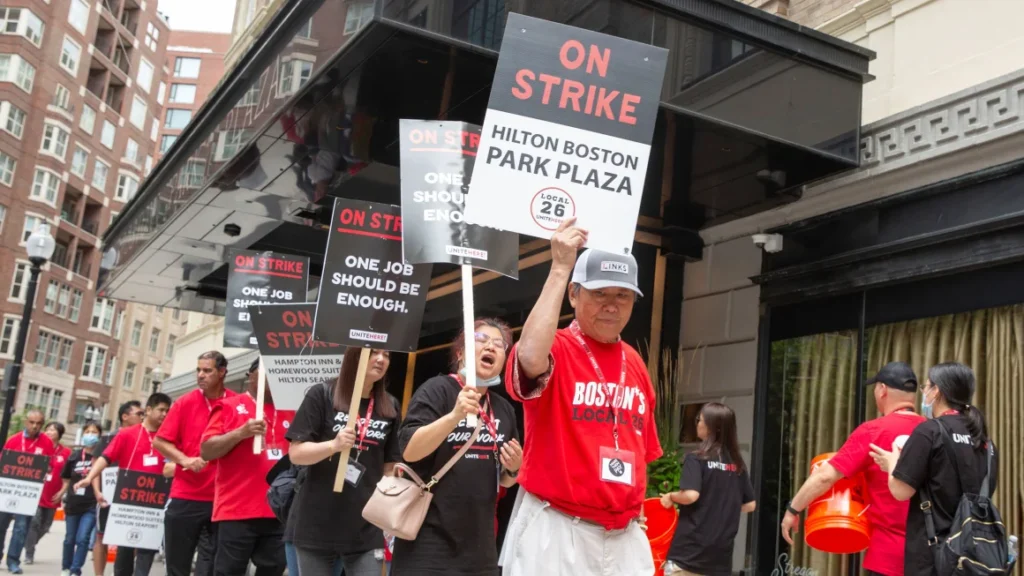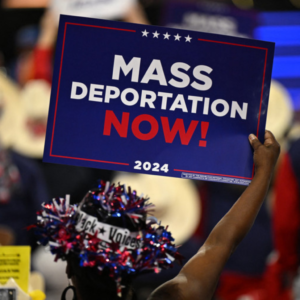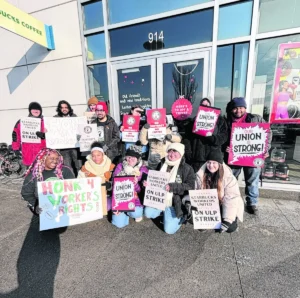Massive Hospitality Worker Strike Hits Major Hotel Chains on Labor Day 2024
September 2, 2024 — In a bold display of solidarity and growing unrest within the hospitality industry, more than 10,000 workers employed by major hotel chains including Hyatt, Marriott, and Hilton walked off the job on Labor Day. The strike, which affected hotels across several major cities, was spurred by a combination of low wages, difficult working conditions, and the deep psychological strain workers face in their daily interactions with unusually wealthy clientele.
The hospitality industry has long been defined by its stark economic divides, with employees serving some of the wealthiest guests in luxury hotels, high-end restaurants, resorts, and cruise ships. This proximity to opulence, without sharing in its rewards, has created a growing sense of frustration and discontent among workers. The disparity between the workers’ financial realities and the lavish lifestyles of the guests they serve has been a catalyst for mounting tensions, leading to this historic strike.
Economic and Psychological Strain
For many in the hospitality industry, the psychological toll of serving wealthy clients can be immense. The constant exposure to extravagant wealth, while earning wages that often barely cover basic living expenses, has fostered a unique workplace hazard. Workers experience feelings of inferiority and stress as they witness the extreme privileges enjoyed by the guests they attend to, feeding a sense of inequality that is both material and emotional. This dynamic, characterized by daily upward comparisons, has fueled widespread dissatisfaction within the industry.
Read Feature: Psychological Toll of Inequality Has Real Material Consequences: Study
“We’re serving people who pay more for one night in a hotel room than we make in a week,” said Maria Lopez, a housekeeper at a Marriott hotel in Los Angeles. “It’s not just about the wages; it’s about how we feel when we’re working in such extreme conditions. We deserve respect, fair pay, and recognition for the work we do.”
The psychological burden workers face in these environments is reflected in recent studies that show how inequality can make individuals more stressed, impulsive, and frustrated. The hospitality industry, in particular, exposes employees to unusually personal interactions with wealthy guests, creating a psychological hazard that exacerbates workplace dissatisfaction.
Strikes Demand Fair Wages and Improved Conditions
The strike, timed for Labor Day to highlight workers’ demands for better treatment, has shut down major hotels across cities like New York, Los Angeles, and Chicago. Workers are calling for higher wages, more reasonable workloads, and improved benefits. Many of the workers involved in the strike are part of unions that have long fought for fairer compensation in an industry notorious for underpaying and overworking its staff.
“This is about more than just economics,” said John Michaels, a spokesperson for the hotel workers’ union. “It’s about the emotional and mental toll this industry takes on its employees. We’re asking for dignity in our work and an end to the gross disparities between those who work in these luxurious spaces and those who benefit from them.”
The economic inequalities that define the hospitality industry are not just about low wages but also about how visible those disparities are. Workers in high-end hotels and restaurants are constantly reminded of their lower status as they serve guests who live in a completely different financial reality. This dynamic, where workers feel devalued in the face of extreme wealth, has created a psychological divide that is now manifesting in collective action.
A Broken Ladder
The Labor Day strike represents a broader struggle within industries marked by high levels of inequality. Many workers feel as though the “ladder” to economic advancement is broken, with extreme inequality making it increasingly difficult to improve their financial situation. The sense of hopelessness and frustration has grown as hospitality workers face not only material struggles but also the emotional impact of working in an environment where wealth and luxury are so prominently displayed.
As the strike continues, there are growing calls for hotel chains to not only meet workers’ demands for higher wages and better conditions but also to address the broader issues of inequality within the industry. With political polarization on the rise and growing awareness of the emotional toll of income disparity, the hospitality sector finds itself at the center of a nationwide debate on the future of labor rights and economic justice.
For now, the hotels remain quiet as the workers’ voices grow louder, demanding change in an industry long marked by inequality—both visible and invisible.





